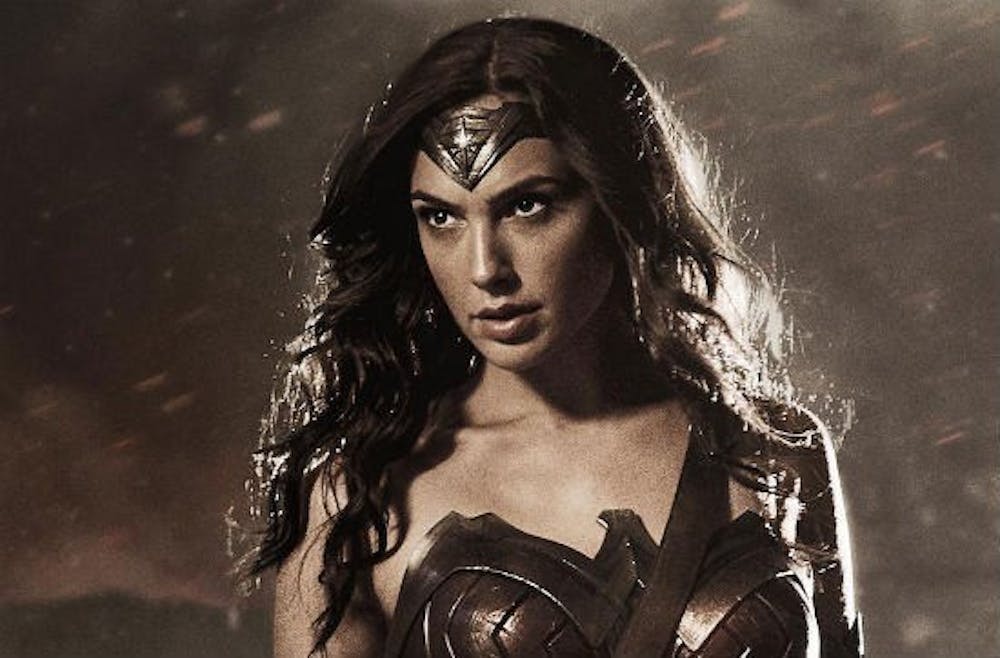Within the abundance of summer superhero movies, some films transcend the genre’s predictable storylines and insipid dialogue. Wonder Woman, DC Entertainment’s response to Marvel’s growing superhero universe, is one such film—a paragon of female power with a storyline driven by emotion and history.
In Wonder Woman, Gal Gadot plays Diana, queen of the Amazons. The Amazons are a population of statuesque women who reside on an island paradise on Earth called Themyscira, unbeknownst to humans. In their democratic utopia, the Amazons ride horses, practice combat and can communicate in over two hundred languages. The first half hour of the film lays out an origin story for Diana rooted in Greek mythology and the essential goodness of humans, catapulting her into the main plot when humans cross the invisible shield that protects the island. Diana’s beliefs motivate her to defeat Ares, the god of war, to alleviate the wars that plague humankind. So when a spy named Steve Trevor washes up on the shores of Themyscira, Diana travels to Europe with him to find Ares.
Despite her lack of understanding of the bleak realities of World War I, Diana is valiant in her commitment to a human race she has known for mere days. Gadot captures the dichotomies that make Diana a compelling character––she is simultaneously naive and courageous, passionate and earnest. Diana can seem wide-eyed as she encounters German troops and their machine guns on the Western Front, but proves herself a confident heroine. When other characters underestimate her confidence, she proves them wrong with her superhuman strength and skill.
The action sequences are alarmingly beautiful, drawn out into slow motion shots that spotlight Diana’s hardened yet graceful combat. Cameras follow Diana diligently as she leaps and bounds, deflects bullets and slings arrows. The bleak, dark European setting contrasts with Diana, a shining luminary.
A supporting cast of misfits joins Diana and Steve in their quest. The characters portray the hardships of war, suffering from PTSD and the dissolution of pre-wartime dreams. Diana’s optimism and confidence in human benevolence at times contrasts her companions’ hopelessness, especially in scenes where she wears a colorful superhero’s outfit into the grey no–man’s–land at the war’s front.
Wonder Woman is undeniably an embodiment of female power. The peace and paradise of Themyscira, a land ruled by a group of stern but considerate women, is the direct antithesis of the war-plagued Europe, ruled by men. There are nuances in every character, gender aside, but the film emphasizes the strength of women with Diana at its epicenter. Wonder Woman passes the Bechdel Test seamlessly. Which is saying something for a movie of the oft male–dominated superhero blockbuster genre.
Most of all, Wonder Woman shows that strength and power is not one–size–fits–all, even in the realm of superheroes. In fact, Diana’s superhero name––the title of the movie––isn’t even uttered in the film. Diana is strong and smart, but she’s also attuned to her sensitivity. She’s a superhero in the traditional sense, but she adds a refreshing element of passionate instinct and emotion. The film is fresh and unpredictable enough that even its (few) cliches feel inspired. And since the film all but guarantees a sequel, viewers can anticipate a continuation of Wonder Woman’s compelling story.







